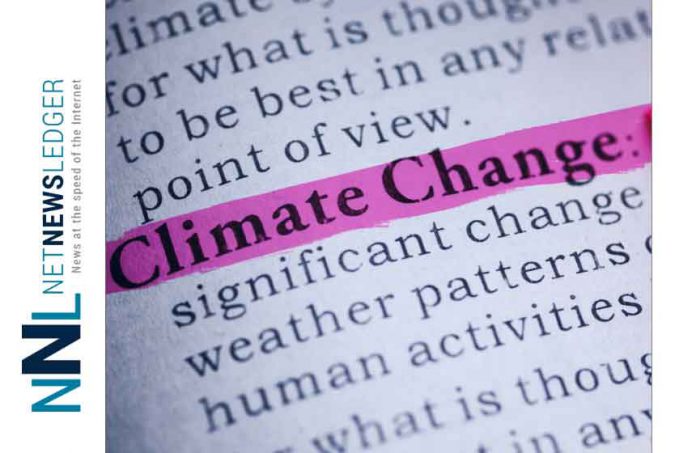Spotting headlines about the recent United Nations report prophesying imminent global extinction of a million species, I immediately wondered at the media response should Donald Trump ever claim to have eaten a million ice-cream cones.
Instinct tells me swarms of media fact-checkers would have been at every Baskin-Robbins or Ben & Jerry’s in the United States asking whether Trump had ever licked a Rocky Road on its premises.
Experience tells me they would have quickly agreed that the ice-cream claim presents further proof that the American president is nothing but a lowdown, dirty hyperbolist.
My concern isn’t to defend Trump from mere double standards. It’s to argue for the revival of the prime journalistic – and scientific – virtue of reasoned skepticism about all claims, not only the claims of the claimants we dislike.
Asking that a UN report prophesying imminent global extinction of a million species be subjected to genuine skepticism is not to summarily dismiss it as bunk or even to deny its central message.
Much more simply, it’s to point to the fact that the figure one million is a nice round, relatively large and easily remembered number that should prompt two skeptical questions (particularly when the fudge factor of “up to” one million is added, as it was in numerous stories about the UN study).
Why say “up to” one million and not precisely 892,978?
What might those reporting the “up to” one million species extinction number be up to when their use of “up to” could represent a maximal gap of 999,999?
To be clear, I’m calling for clarity and precision, not denying that a reported extinction risk level calibrated at between one and one million might be true.
Why?
Because if the point of citing any particular number is not its accuracy, but its ease of being remembered by those one seeks to persuade about species extinction, then we’re simply dealing with the grim science of cynical political marketing.
Again, that’s not to deny the apocalypse is nigh. It might well be. After all, why would Bill Nye the Science Guy be publicly dropping
f-bombs on those who deny its nigh-ness? Or as Nye said on a heated HBO talk show: “What I’m saying is, the planet’s on f–ing fire. By the end of this century, if emissions keep rising, the average temperature on Earth could go up another four to eight degrees. Grow the f-k up. Safety glasses off. That’s it.”
Mind you, if we do take our safety glasses off and put our skepticism goggles on, we might ask how a planet that’s already “on fire” could rise in temperature by a mere four to eight degrees at century’s end?
The first undiscovered law of thermodynamics, after all, requires that an entire planet already “on fire” would be far more than “up to” eight degrees hotter now, never mind in 80 years. Either that or it would be stone cold since it would be nothing but a charred hunk of rock floating in space.
Indeed, if we put our X-ray spec filters over our skepticism goggles, we discover that Nye isn’t a science guy. He’s not a biologist, chemist, physicist nor climate specialist. He’s an entertainer and mechanical engineer, which doesn’t necessarily mean he’s wrong about the apocalypse. It means only that we should take his end-is-nigh prophecies with up to a million grains of salt (or sodium chloride, as the Science Guy might say).
There’s good reason to do so.
Perhaps we can at least slow the incessant polarization of ecological science, which is reducing serious stewardship of the Earth to the kind of destructive political marketing that has already done so much damage to democratic life.
We need to cease, to the extent we can, the habit of cynicism that refuses to acknowledge those who read data differently are not automatically enemies, and certainly not necessarily liars.
To open ourselves to that degree of healthy skepticism is to rigorously adjudicate belief, not simply to swallow what we like from the claimants we consider up to our ideals.
Problems, whether of earthly stewardship, of democratic accountability or otherwise, are not resolved by hyperbolic bluster and world-afire hot air.
If we can’t remember that, we can forget worrying about extinction of one to one million flora and fauna. We, as a species, will be well and truly licked.
Peter Stockland is a senior writer with the think-tank
Cardus and publisher of
Convivium.ca.

